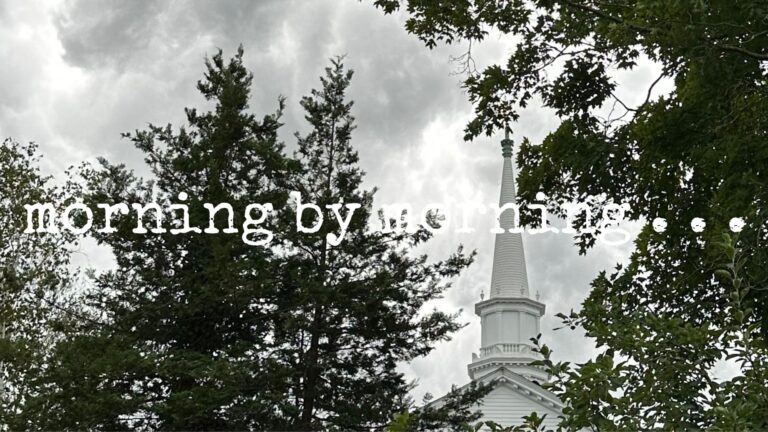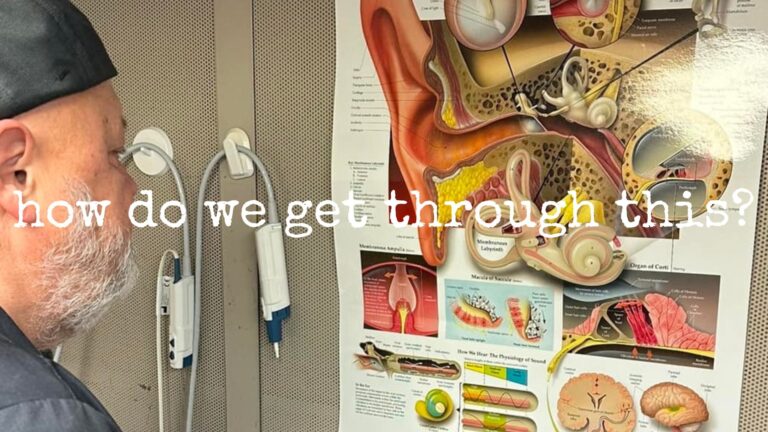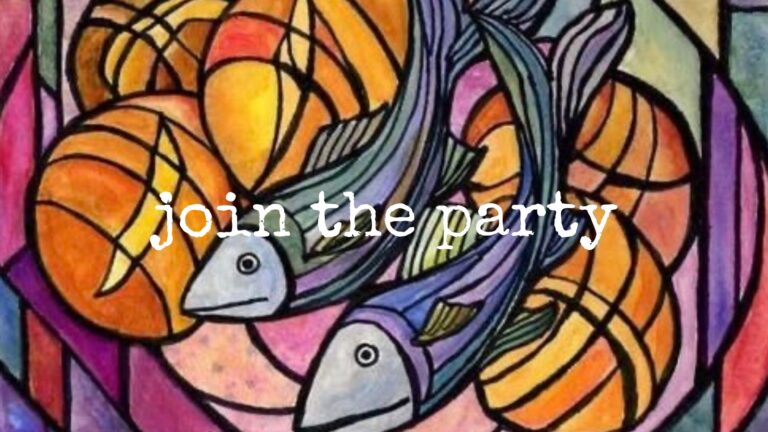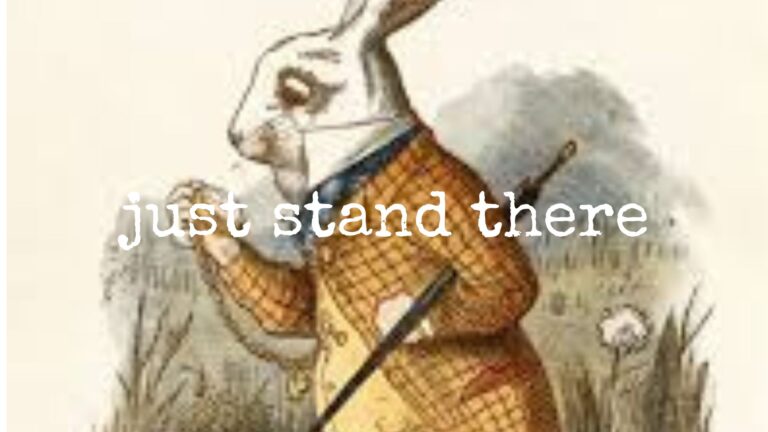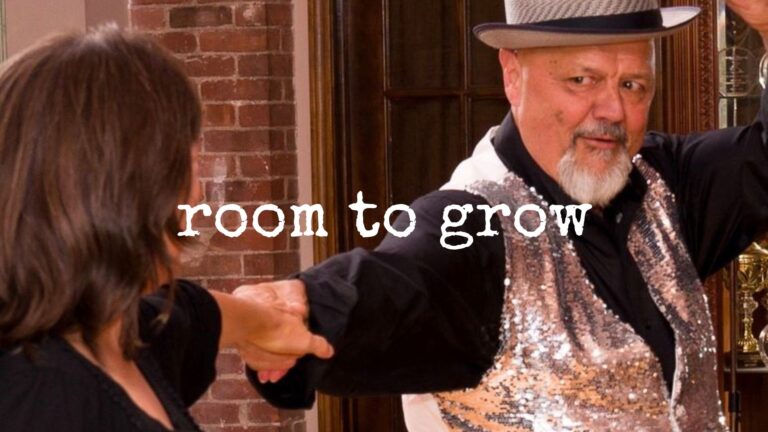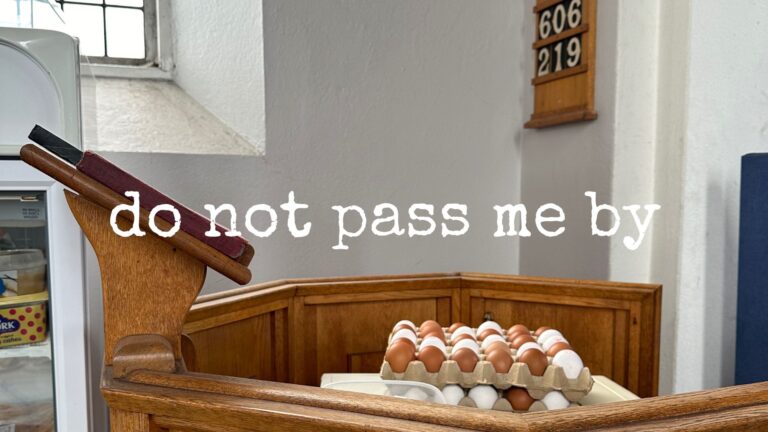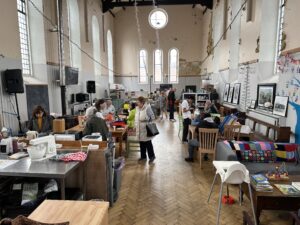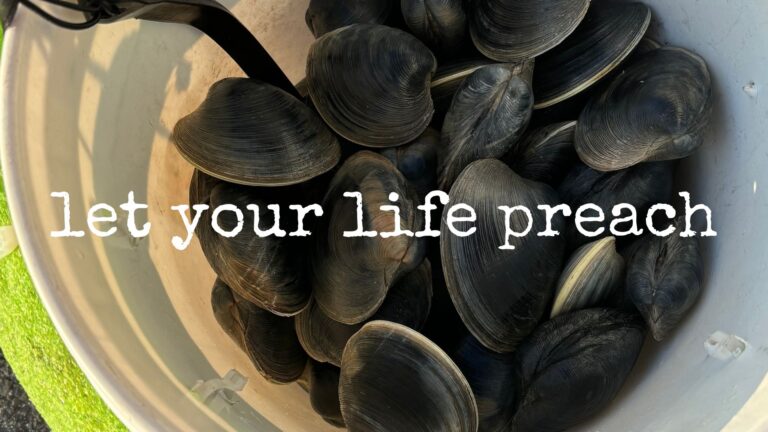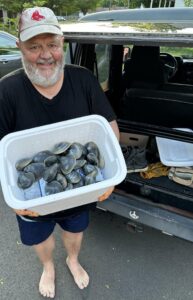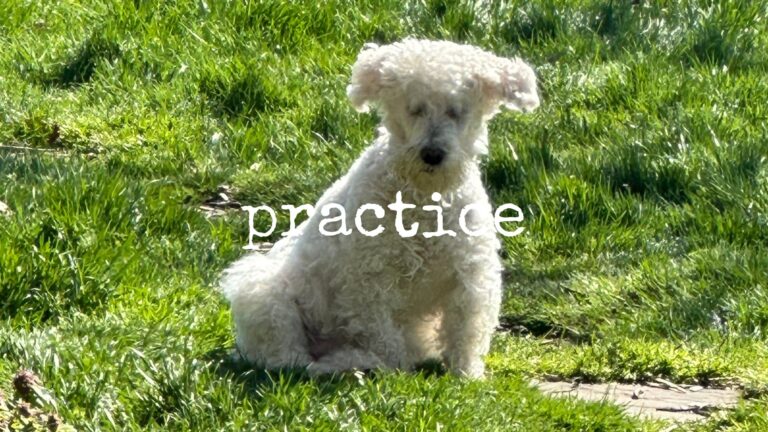The story this week was the Hebrew people complaining about life and God answering with breakfast.
__________________________
Yesterday marked eleven years since my father died.
There are ways in which it feels like yesterday and then ways in which it seems like so much life has gone by between then and now. In his honor—well, because he gave me a good excuse—I had a hot dog for lunch. I also loved that as I was working on this sermon one of the jokes he told (and retold) came to mind. In his honor, I will offer it to you.
A young man felt a calling to join a monastery and pledged himself to a life of silence. He was only allowed to speak once every five years when the Abbott called him in for a conference, and even then he was only to say one sentence.
At five years, the Abbott asked him if everything was alright and the monk said, “The mattress is lumpy.” So they gave him a new mattress. At ten years, when asked about his life, he said, “My sandals are worn out.” So they gave him new sandals. At fifteen years, he said, “My room is cold,” and the Abbott replied, “I think we are going to have to let you go. All you have done since you got here is complain.”
Thanks, Dad.
The writer of Exodus makes the Hebrew people sound like that monk. After being freed from generations of oppression, rather than singing songs of joy and gratitude, they complained about their conditions, mostly because they were hungry. Desperately hungry, it seems—to the point that they said, “Maybe we would have been better off dying as enslaved people in Egypt. At least there we had something to eat.”
They were so focused on their hunger, on their desperation, on the reality that they were on a journey without a map, that they starved their gratitude.
I say they, but it wasn’t as if everyone was saying the same thing. Assuming that groups of people speak in unison is not only inaccurate but a little dangerous as well. We must keep reminding ourselves that groups speak with more than one voice. We open ourselves to misunderstanding if we think Democrats think this, or Republicans think that; Israelis all say one thing and Palestinians all say something else.
But there was discord in the community. What people shared in common was that they were struggling. Life wasn’t going the way they wanted, or the way they had hoped. And they were still new at being free. They had only been gone from Egypt for a month. Even though scripture refers to them as Israelites, they were years away from becoming an actual nation. They didn’t even have the Ten Commandments yet. In this part of the story, they were people united in their faith and frustration, and the frustration had the upper hand. They couldn’t see beyond where they were and what they did not have. What they could do was complain.
And God heard their complaints and responded by sending that word through Moses and Aaron to say exactly that: “Tell them I have heard their complaints.” Not tell them I’m tired of hearing about it, or tell them to count their blessings, or tell them they are in big trouble. Just, “Tell them I have heard them.”
Then God responded those complaints by saying, “Every morning it will rain bread and every evening birds will just come and sit in the camp so that everyone can eat. But,” God said, “I want to see if they can follow instructions.” Those were that each person or family should only collect what food they needed for that day and trust that there would be more to come.
That evening, birds settled in the camp and provided meat for dinner. The next morning, the ground looked like it was covered with a heavy dew, but then that evaporated leaving thin flakes of something that turned out to be bread, but bread like they had never seen. They tasted it and asked each other, “What is it?” Turns out the Hebrew word for that question is manna.
Moses answered them by saying, “It’s what God has given you.”
The daily routine did two things. First, it fed everyone—it answered the complaints. Second, it redirected the vision of the people.
They had gotten in the habit of complaining to the point that they couldn’t see beyond their circumstances. They were only a month away from having been enslaved and they had gotten to the place where they woke up every morning and all they could see was what was wrong—and there was a lot wrong. They had good reason to complain. The problem was they couldn’t see anything else.
When God said, “I’ll test them to see whether or not they follow my instruction,” perhaps it wasn’t so much that God wanted to see if they would be compliant, but that God wanted to change the way they looked at their lives one day at a time.
Though the story is told as though this was one incident, the bread and birds continued until they were ready to enter into Canaan and settle down. For years they woke up and looked out to see the ground covered in grace, and each evening they closed out their days with the same message. They were still in the desert, they were still without a permanent home, they were still struggling, and, as we will sing in a few moments, morning by morning new mercies they saw—if they were willing to see them as they traveled.
Poet David Whyte has a poem called “Learning to Walk” that gives a glimpse, perhaps, of what it was like to step out and see the ground covered in grace.
Walked out this morning
into a broad green garden
with the rising sun in my eyes
and the first hint of the day’s
heat touching my face,
feeling as broad as the garden
and young as the day
and soaking up the heat
in my black tee-shirt,
walked straight forward
out of the gate,
through the wood,
along the river,
toward the mountain
and thought of the future
I could make in the world
if I walked toward it
like this,
with my face toward the hills
and my eyes full of light
and the earth sure
and solid beneath me,
walking on
with a fierce anticipation,
and a faithful expectation,
with the sun and the rain
and the wind on my skin . . .
We may not be stuck in the desert, but we are susceptible to what we allow to dominate how we see our world and ourselves. Hear me clearly: I am not talking glass-half-full or glass-half empty. Optimism and hope are not the same thing. Things don’t always work out. Pain isn’t always resolved. Life is hard and it hurts. And, if we wake up looking for grace, there’s a good chance we will find it, even in the middle of the hard stuff.
Morning by morning new mercies we see. May we think of the future we could make in the world if we walked toward it like that. Amen.
Peace,
Milton
